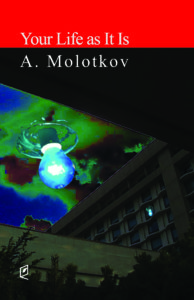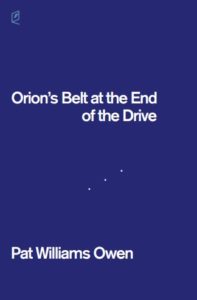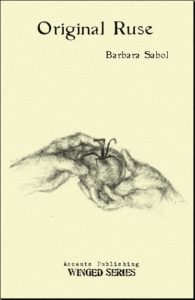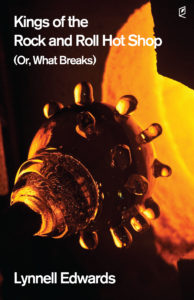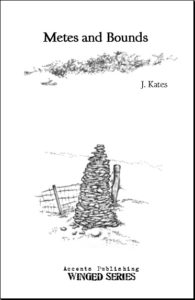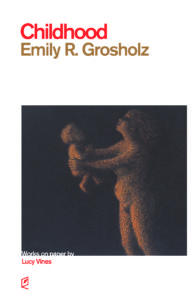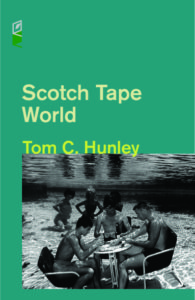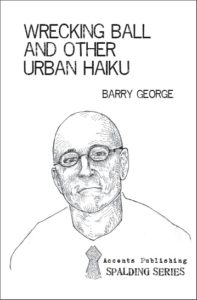Poet Andrew Merton answers questions about his Accents Publishing collections.
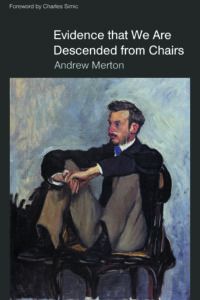
Tell us the story of your Accents Publishing books.
Early in 2011 Katerina published four of my poems in Bigger Than They Appear: Anthology of Very Short Poems. Emboldened, I sent her the manuscript of what would become my first book, Evidence that We Are Descended from Chairs. We corresponded for several months, she saying she liked the manuscript but was not sure she was in a position to publish it. Then, on May 12, my 67th birthday, she called and said it was a go. That remains the best birthday present I have ever received. Accents has since published my second and third books of poems: Lost and Found (2016) and Final Exam (2019).
Do you still like them? Why or why not?
Yes, I like them all. The first one retains a special place in my heart because 1) My colleague and mentor Charles Simic generously wrote the foreword and 2) although previously I had published poems in journals, I did not fully identify as a poet until Chairs was out there in the world.
What is the highest praise you’ve received for your published books?
The New Hampshire Writers’ Project named it their outstanding book of poetry for the years 2012-2013.
What didn’t make it in the book?
Lots of really bad poems.
Is there a poem from the book you’d like to share with the readers of the Accents blog?
Why I Left The Poetry Reading Early
I wanted to applaud
after the very first poem,
in which the famous poet
revealed the secrets of the universe
and the human soul
with no more effort than a shrug.
The second poem put the first to shame.
I was forced to restrain myself
by gripping the edges of my chair
and sitting on my thumbs.
Soon it took all my resolve
to keep from shouting “Bravo”
after nearly every line.
Five more minutes of this
and nothing would have stopped me
from rising, unbidden,
and burbling superlatives.
So I left.
As I tiptoed down the hall
I thought I heard the famous poet say:
“Now we can really begin.”
How did you arrive at the title?
Many years ago—just as I was getting serious about writing poetry—Mark Strand, then at the peak of his fame as a poet, gave reading at UNH, where I taught, that blew me away. The idea for the poem occurred to me as I listened to him read.
Do you have a favorite Accents Publishing book (other than yours) and if so, which one?
A Brief Natural History of an American Girl by Sarah Freligh.
What would you like to see Accents do going forward?
If Accents continues to evolve as it has over its first decade I’ll be very happy.
What are you working on now?
More poems. (Okay, my most recent book has a kind of elegiac title, Final Exam, but who knows, maybe I’ve got another one left in me. Possible title: Post Doc.
Share a poem, or at least a sentence from your new writing.
This one appeared in the American Journal of Nursing, September, 2019.
Transcendence
It comes every month or so
while I am shaving
or peeling a potato
or watching a woodpecker
hammer away at an old dead pine:
shimmering blues, greens, yellows,
a rainbow effect
suffusing whatever is before me
with an otherworldly aura.
Doctors say these episodes
are manifestations of migraine.
The bird and I know better.
